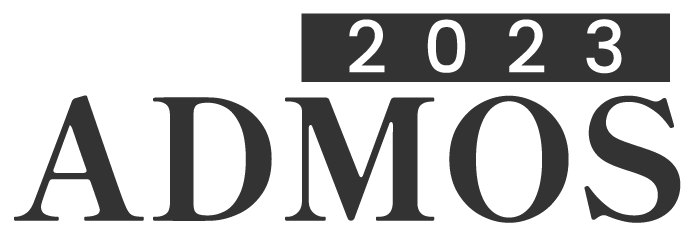

SuperAdjoint: Super-Resolution Neural Networks in Adjoint-based Output Error Estimation
Please login to view abstract download link
Numerical simulations and optimization methods, such as mesh adaptation, rely on the accurate and inexpensive use of error estimation methods. Output error estimation is the most accurate method; relying on the solution of an adjoint problem to compute the adjoint-weighted residual output error estimation. However, in practice, the implementation of the adjoint-based error estimation relies on the approximation of a higher-resolution adjoint solution. The method presented here relies on the use of super-resolution neural networks to reconstruct the fine adjoint solution from a computed coarse adjoint solution. The proposed method is compared to reference error estimators on an unsteady Burgers' equation using the method of manufactured solutions. For this test case, it was shown that super-resolution neural networks were able to reconstruct the fine adjoint solution and provide robust and inexpensive output-error estimates. This came at the cost of lower local output-error accuracy. Nonetheless, the accurate estimation of the error indicators gives great confidence in the proposed method's ability to perform similarly to the adjoint-weighted residual output-error estimate in a mesh adaptation procedure for under-resolved solutions. A cost metric for the computational overhead of the output-error estimate is proposed. This highlighted the superior performance of the lower upscale ratio super-resolution neural networks due to their higher accuracy and lower computational cost in the evaluation of the adjoint-weighted residual error estimate; when compared to the super-resolution neural networks with higher upscaling factors. The continuation of this work is focused on the other obstacle to the widespread use of adjoint-based mesh adaptation for unsteady aerodynamic analyses: the storage footprint of the primal solution. Within this scope, Proper Orthogonal Decomposition (POD) and super-resolution neural networks will be implemented to reduce the size of the storage of the primal solution in both space and time.

